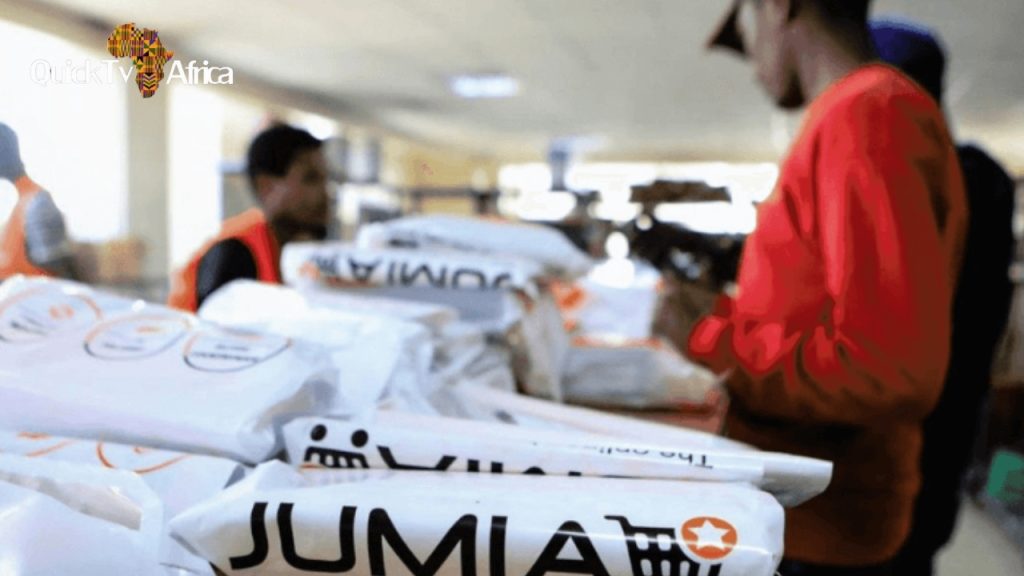By the end of 2024, Jumia Technologies AG, Africa’s top e-commerce platform, intends to close its businesses in Tunisia and South Africa, where it was known as Zando.
By concentrating on markets with greater growth potential throughout the continent, such as Nigeria and others, this strategic shift seeks to maximise resources.
According to a statement issued by the company on Wednesday, the decision was made as Jumia assesses its operations in the two nations, which made up a minor portion of its total business.
Jumia reports that South Africa and Tunisia provided only 3.5% and 2.7% of total orders and 4.5% and 3.0% of gross merchandise value (GMV) for the year ending December 31, 2023, and the first half of 2024, respectively.
A tough choice
Jumia thinks that shifting resources to markets with better performance will greatly improve the business’s operational effectiveness and spur expansion. Francis Dufay, the CEO of Jumia, said in a statement that the decision to withdraw from the two countries was challenging. Since taking over as CEO, I have concentrated on projects that would fortify our company and put us on a profitable course.
“We made the tough choice to shut down our activities in Tunisia and South Africa following a careful study. Both companies make up a very small percentage of our total operations.
Additionally, each country’s potential for growth has been constrained by the macroeconomic and competitive conditions in both markets, and their contributions to our entire business have fallen short of expectations.
These kinds of decisions are never simple, and we owe a debt of gratitude to our team members in both nations who put in countless hours to service our clients every day. In these markets, we are also appreciative of our vendors, suppliers, and logistical partners. We sincerely appreciate their dedication and commitment to Jumia,” he stated.
The e-commerce behemoth thinks that by concentrating its efforts on its nine remaining African markets, it will be able to better position itself for expansion.
Things you should be aware of
Jumia will be concentrating on its remaining markets, which include Nigeria, Algeria, Egypt, Ghana, Ivory Coast, Kenya, Morocco, Senegal, and Uganda, as it prepares to leave South Africa and Tunisia.
Jumia’s CEO, Dufay, who has been putting several initiatives into place to reduce the company’s losses and bring it towards profitability, expressed optimism that the company would return to growth this year while further reducing its losses after announcing a 64% decrease in operating loss for 2023, down to $73 million.
He asserted that Jumia’s strategic emphasis was evident in the outcomes of the most recent quarters, which positioned the company for topline growth and better cash utilisation in 2024.
Prior to that, Jumia had reduced its headcount by 20% in Q4 2022 as part of plans to reduce its ongoing losses and turn a profit. This action resulted in the departure of 900 employees.
Jumia Food, the company’s food division, was eventually shut down due to its alleged lack of profitability.

